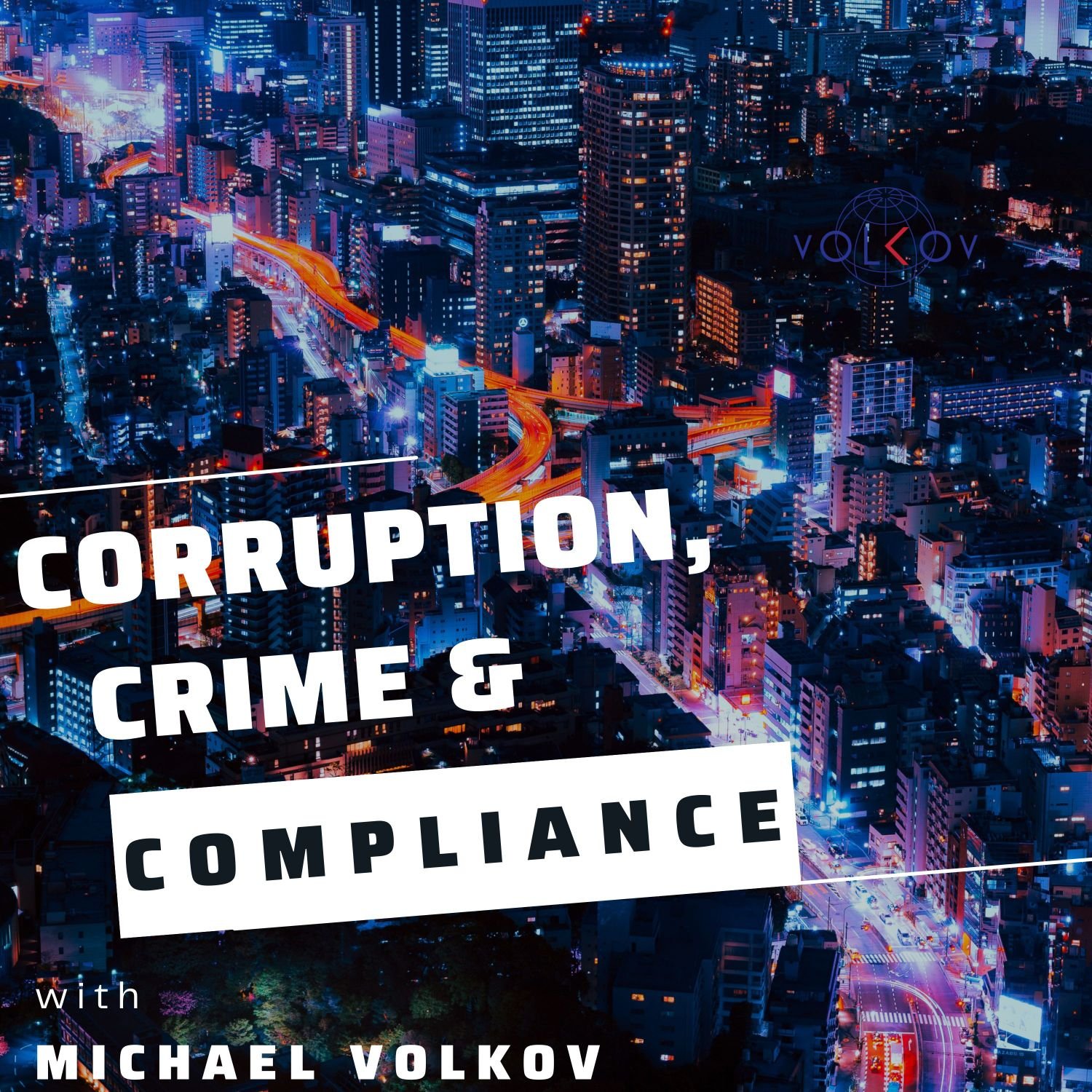Deep Dive into HHS-OIG Compliance Program Guidance
Description
In this week's episode of Corruption, Crime, and Compliance, we usher in the New Year with a deep dive into something that happened in November of last year. As we begin 2024, it's crucial to reflect on the substantial shifts in the healthcare industry's compliance framework. The HHS Office of Inspector General's Comprehensive Compliance Guidance, released late last year, has set a new standard for healthcare companies, reinforcing the importance of an independent compliance function and outlining a robust framework for effective compliance programs. Michael Volkov meticulously dissects the seven key elements of this groundbreaking guidance, emphasizing its relevance not just in healthcare, but across the spectrum of compliance practices.
You’ll hear Micheal discuss:
The HHS Office of Inspector General issued the Comprehensive Compliance Guidance (GCPG) in November 2023, a significant document for the healthcare industry, emphasizing the need for independent and robust compliance programs.The guidance is structured around seven core elements: written policies and procedures, effective compliance leadership, training, open lines of communication, enforcing standards, risk assessment, and responsive corrective action for detected offenses.The role of a Chief Compliance Officer is critical, and they should:Report directly to the CEO or have independent access to the board,Have sufficient stature within the entity equal to other leaders,Demonstrate unimpeachable integrity, judgment, assertiveness and approachable demeanor, andHave sufficient funding, resources and staff to operate the program. Emphasizing the separation of legal and compliance functions, the GCPG recommends that compliance officers focus solely on compliance, avoiding roles in legal or financial departments.The GCPG advises the establishment of a compliance committee, meeting quarterly, with responsibilities spanning legal regulation analysis, policy review, training effectiveness, and annual risk assessment.The CEO should include a signed introduction in the code of conduct. The board should include a signed endorsement or similar written statement to support the compliance commitment, and entities should review their codes when a new CEO is hired.Clear communication and board oversight is crucial, and they should be well-informed about compliance programs, and ensure that the compliance officer has sufficient access to them.How compliance officers and boards should respond when compliance concerns are reported or discovered, and focus on the root causes of the misconduct to prevent recurrence.
Resources
Michael Volkov on LinkedIn | Twitter
The Volkov Law Group
More Episodes
What happens when a major defense contractor faces scrutiny for ethics and compliance violations? In this episode of Corruption, Crime, and Compliance, Michael Volkov dives into the high-stakes world of corporate accountability, exploring Raytheon's recent $428 million settlement with the U.S....
Published 11/18/24
Published 11/18/24
The SEC notched another FCPA settlement, continuing its steady pursuit and resolution of FCPA cases. In the meantime, the Justice Department has been silent in the FCPA enforcement arena. In this episode of Corruption, Crime, and Compliance, Michael Volkov dives into the SEC’s recent FCPA...
Published 11/11/24


